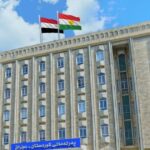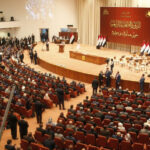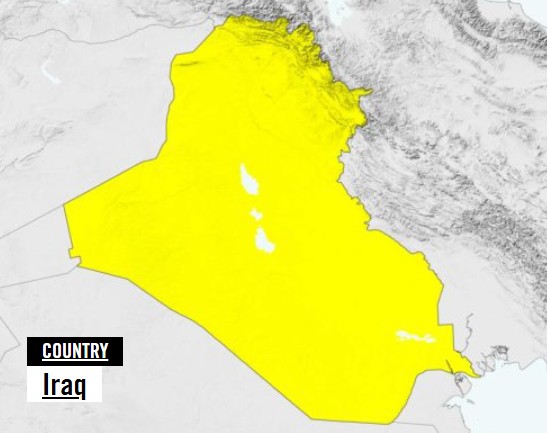A Threat to Civic Freedoms in Iraq is Ahead
Iraq’s New Assembly & Expression Law: A Threat to Civic Freedoms
Draft Law Under Parliamentary Vote -2 August 2025
As Iraq’s Parliament prepares to vote on a new draft Law on Freedom of Expression and Peaceful Assembly on 2 August 2025, Amnesty International warns that the proposal risks further restricting fundamental rights instead of protecting them (Amnesty International).
Razaw Salihy, Amnesty’s Iraq researcher, urges lawmakers to reject the draft or demand amendments to prevent adding to already broad tools used to limit civic space, noting that the law is being advanced in secrecy without public debate or official text release (Amnesty International).
Harassment, Arrests, and a Chilling Climate
Amnesty highlights continued patterns of repression: activists detained under vague defamation charges, journalists facing judicial harassment for exposing corruption, and persistent use of intimidation tactics that suppress dissent amid crises like extreme heat and water and power shortages (Amnesty International).
Secrecy and Lack of Transparency
The legislation—initially discussed in December 2022 and May 2023—has alienated civil society due to its opaque drafting process. Although Parliament claims the current version removes criminal penalties and no longer restricts protests, no official version has been shared publicly, leaving observers deeply skeptical (Amnesty International).
Historical Context: July 2023 Draft Laws
Amnesty’s July 2023 analysis flagged two parallel legislative threats:
- A draft Freedom of Expression and Peaceful Assembly law that criminalizes speech violating “public morals” or “public order”.
- A draft Cybercrimes Law potentially punishable with life imprisonment and fines of up to 50 million Iraqi dinars (≈ $38,000) for content deemed harmful to “national interests” (Amnesty International, Amnesty International).
Between January and June 2023, at least 20 individuals—including journalists and online critics—were prosecuted under existing rules, six receiving prison sentences before being released (Amnesty International).
Activists raised concerns that these laws served to criminalize dissent, protect political and religious elites from criticism, and restrict protest rights. One comedian complained:
“I am no longer able to make fun of a party, or the state… Why? Because it all belongs to the [political] parties.” (Amnesty International)
Key Concerns Highlighted by Amnesty
- Excessive arrest and detention powers, vague definitions of prohibited speech.
- Mandatory pre‑approval for protests, with no clarity on criteria, effectively allowing authorities to ban gatherings by fiat (Amnesty International).
- Unclear or secretive amendment process, limiting public oversight or debate (Amnesty International, Amnesty International).
- Disproportionate impact on journalists, activists, minority voices and peaceful dissenters.
KurdFile Media Focus: Why This Matters for Iraqi Kurdistan
- Although these are federal laws, their provisions are likely to apply in the Kurdistan Region, threatening press freedom and protest rights.
- Kurdish civil society and media already face harassment this legislation could dangerously expand legal tools to devastate civic and media freedoms in the region.
Author Profile
- Diyar Harki is an independent investigative journalist and human rights advocate. As a member of the National Union of Journalists (NUJ), he focuses on exposing corruption and human rights abuses in Kurdistan and Iraq. He voluntarily contributes to Kurdfile Media.
 Kurdistan18 January 2026Will the Terrorists Be Released?
Kurdistan18 January 2026Will the Terrorists Be Released? Opinion17 January 2026A Risk That Could Reshape the Kurdistan Region
Opinion17 January 2026A Risk That Could Reshape the Kurdistan Region Reports7 January 2026Kurdistan MPs Receive Millions in Salaries as Parliament Remains Paralyzed
Reports7 January 2026Kurdistan MPs Receive Millions in Salaries as Parliament Remains Paralyzed Political3 January 202634% of Kurdish MPs in Iraqi Parliament Lack Arabic Proficiency
Political3 January 202634% of Kurdish MPs in Iraqi Parliament Lack Arabic Proficiency

